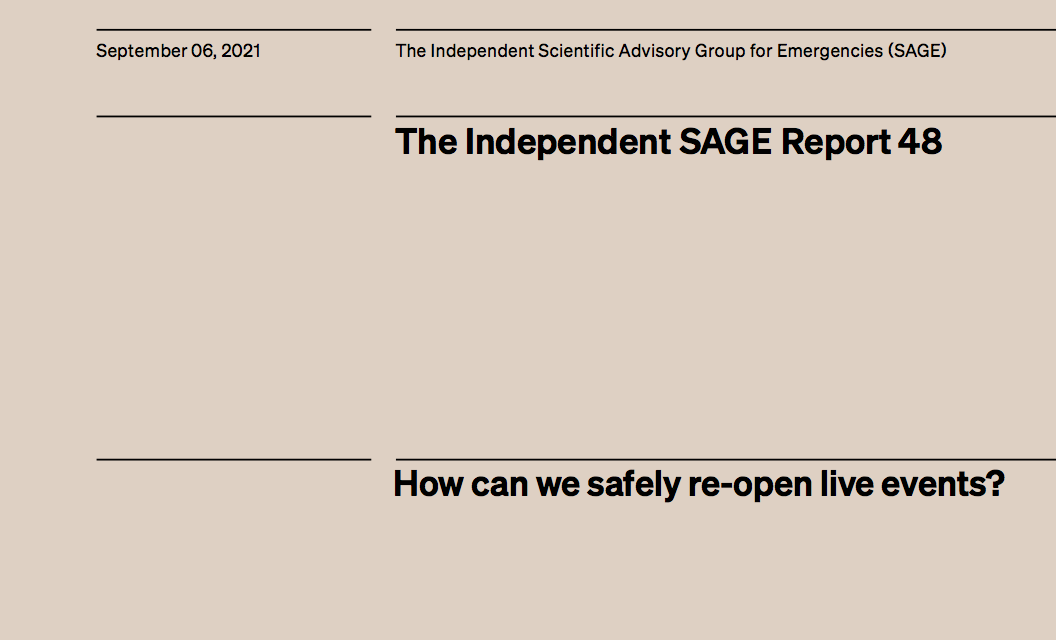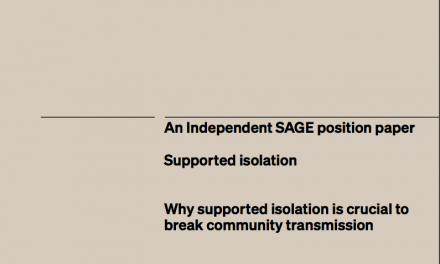Following the recent publication of an analysis from the Events Research Programme on the impact of mass events on Covid-19 prevalence (authored by Jenifer Smith and colleagues at Public Health England and the Department for Business, Energy and Industrial Strategy), in addition to concerns relating to the some 4,700 Covid cases associated with the Boardmasters festival in Cornwall, we consider here how live events can be safely re-opened in the context of the pandemic. Our focus is specifically on large outdoor events since it is generally accepted that outdoor gatherings are safer than indoor gatherings, particularly when the latter are poorly ventilated. However, this does not mean that outdoor events are without risk.
The analysis provided by Smith et al. should be interpreted with caution because only a small proportion of attendees provided full information about their infection test results. Nonetheless, one research finding stands out. That is, while it is difficult to establish a causal relationship between increased infections and most large events, for the Euro2020 football tournament there very clearly was. The final alone led to some 3,500 extra cases – and this is probably an underestimate. Other events (e.g. Wimbledon) were not associated with these high levels of infection. The implication is that it is not mass events in general which produce outbreaks, but rather their specific features which are responsible.




